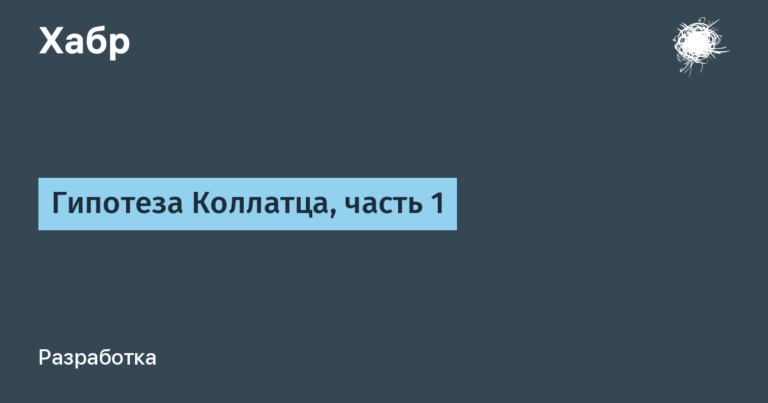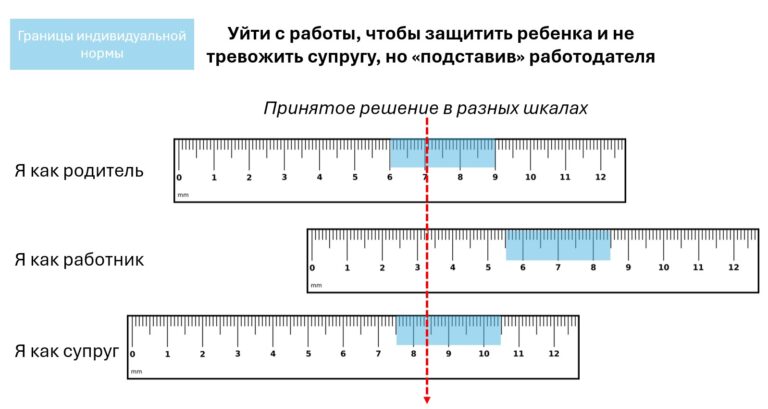a tiny law that defines how the internet works
What is Section 230?
This is a law that states that “neither the provider nor the user of an interactive computer service shall be deemed to be the publisher or carrier of any information provided by another information content provider.”
Simply put, only the author is responsible for the statement, and not the social network on which it appeared and not the person who reposted it. Exceptions: child pornography, information on sex trafficking. However, the law does not prohibit sites from moderating content at their own discretion.
Where did he come from?
Since the early 90s, there have been lawsuits in the United States against sites and providers that published dubious content. And two of them became the reason for writing the law:
- Prodigy Services, which tried to moderate content, decided to hold them accountable for statements on the site;
- CompuServe avoided liability in a similar lawsuit because it followed a hands-off policy.
That is, any platform could not regulate content if it really wanted to protect itself.
Section 230 came into being in opposition. It was supposed to give companies some freedom and ability to set publishing rules. Users chose those sites that corresponded to their principles.
Why is it so important?
Electronic Frontier Foundation, called Section 230 is one of the most important documents for freedom of speech in cyberspace.
It actually allows social networks, forums and even search engines to work. Because thanks to it, companies can create moderated platforms and not be afraid of being subpoenaed. And because without it, many sites simply physically would not be able to cope with the flow of content (for which they have to be held accountable by law).
Side effect: companies can create new social networks and forums relatively freely. And thus they provide work to many IT specialists.
Then why do they want to cancel it?
Because, according to government officials in the US, Section 230 gives platforms too many freedoms and too little responsibility. Thus, they can publish almost any content, even potentially dangerous, because they are considered only intermediaries.
For example, until 2018, companies were not responsible for actually facilitating the sex trade.
Another example. In 2015, an American student died at the hands of terrorists. Her family sued Google, because YouTube algorithms recommended content related to terrorist groups to users and attracted more attention to them. According to the lawyer, Google even placed advertisements in their videos and thus helped them earn money. A lower court ruled that the company was protected by Section 230.
In addition, a lot of unreliable information appears on sites, for example, gossip and stars, ways to cure cancer with the power of thought. This type of content often rises to the top because people read and share it. And true information, which is often much less provocative, is lost.
Finally, platforms, on the contrary, can regulate content at their discretion, which limits freedom of speech.
Why not just cancel it then?
Because it will destroy the Internet as we know it and, first of all, harm the users themselves (according to the already mentioned EFF).
Many sites will most likely prohibit posting user-generated content altogether, because it is easier and cheaper than going to court. Someone will close. Someone will seriously increase censorship. Each publication will be in moderation for almost several days, because, firstly, everything will need to be accurately checked for the presence of dubious statements, and secondly, there will be many of the same posts in the queue.
As a result, users will not be able to quickly share their thoughts; their content will be suddenly deleted to avoid lawsuits. Socially significant information, for example, about human rights violations, will also be at risk. And you won’t be able to write whatever you want anymore.
In addition, if Section 230 disappears, there will be a lot of litigation, some demanding that the content be removed, others seeking its return.
For example, Microsoft, Reddit, Google, and Wikimedia opposed the cancellation.
What should we do then?
It’s not clear yet. In the USA they periodically offer ways to supplement Section 230but there is no clear solution yet.
And WIRED, for example, says that artificial intelligence will usher in a “free Section 230 era.” So, if AI is trained not on selected data, but on all data, among which high-quality data is a priority, it will be able to produce that same high-quality and safe information automatically.



![[Go] Nested Call Isolation in Unit Tests](https://prog.world/wp-content/uploads/2022/05/d3c6d5ea8f60ba1124223311d7ca23e3-768x403.png)

